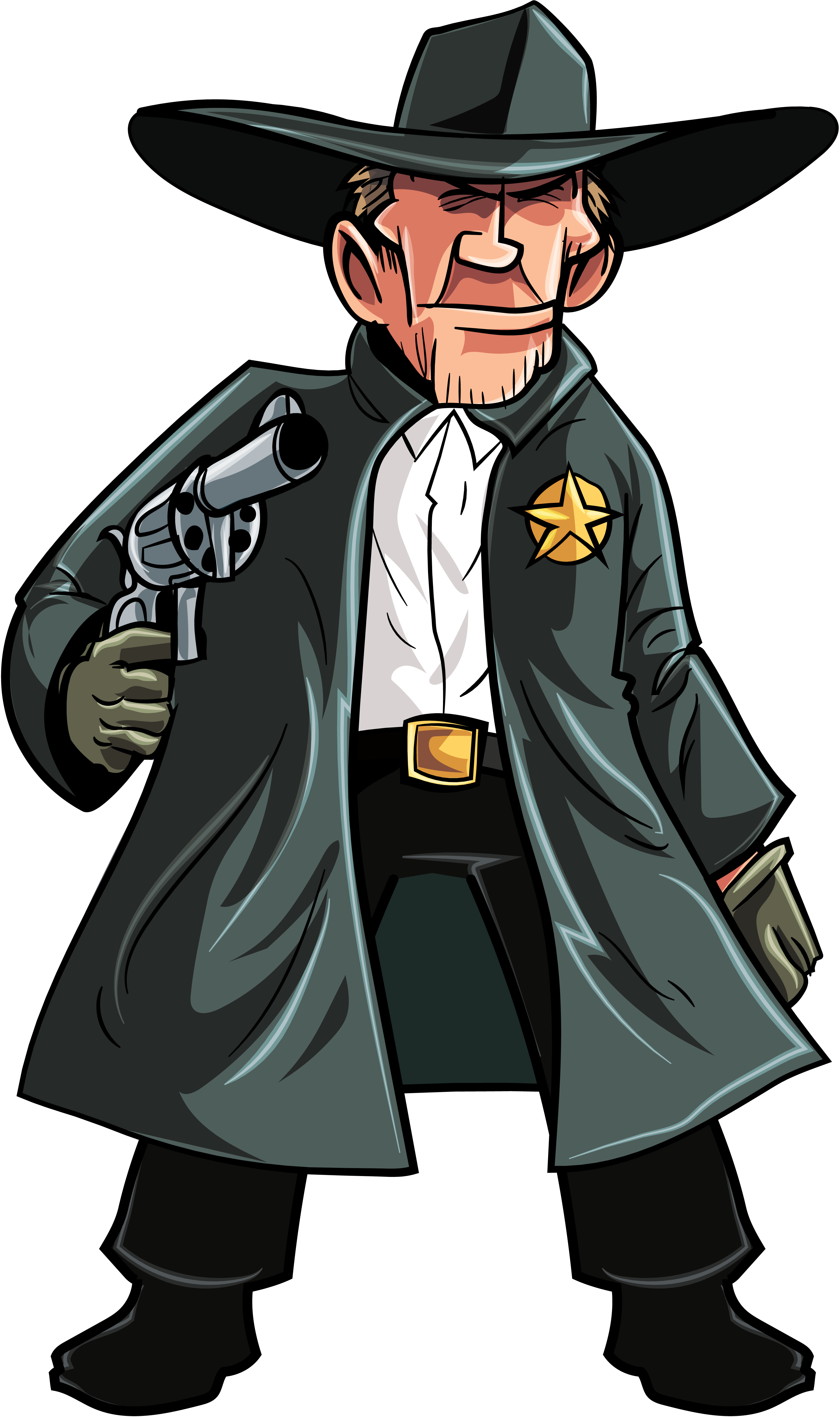A volunteer constable in Florence, SC fired eight rounds into a car, hitting the driver three times, during a traffic stop in a residential area last month.
State Constable Christopher Bachochin was tagging along with two Florence police officers when they pulled over a white Cadillac they said had crossed the center line.
While the police officers calmly talked to the driver, Bachochin stood near the car with his hand on his gun. The officers asked the driver if he had any weapons and told him they smelled marijuana. The driver then put his car into reverse and started backing away from the officers.
That’s when Bachochin opened fire. And he continued shooting as he walked backward, away from the vehicle. The driver survived despite a chest wound, and no weapons were found in the car.
The incident received nationwide media attention, in part because Bachochin is white, and the driver he shot is African-American.
“The city officers handled it the way you would want an officer to handle it,” said the driver’s attorney, state Rep. Justin Bamberg. “They didn’t shoot because there was no threat of imminent serious injury to anyone. But then we saw this undertrained volunteer do it.”
What Is A Constable?
Constables have been part of South Carolina’s law enforcement apparatus since 1789. These days, they are appointed by the governor and trained by the State Law Enforcement Division (SLED). Many constables – like Bachochin – are former police officers but are not paid.
Bachochin served as a police officer in Darlington from 1998-2003. But it’s important to note that, while Bachochin received police training before he left the profession to become a pharmacist, the training SC police receive has changed significantly in recent years.
The two officers who were with Bachochin – like all paid law enforcement officers in the state – have been trained on when it is (and when it is not) appropriate to fire into a moving car. Most police departments strongly discourage or even prohibit firing into moving vehicles – especially in a residential area.
What Kind of Training Do Constables Receive?
Constables must attend more than 80 hours of SLED training at a technical college, and they must receive a SLED weapons qualification. They also are required to participate in annual recertification training.
But, clearly, SLED doesn’t think this training is equivalent to the instruction police officers receive – state law requires them to be in the company of a “full-time, on duty, certified law enforcement officer” always. They can work with police at special events, and they can tag along on routine patrols, but they must remain “within sight and normal conversational voice range.”
Advanced state constables – like Bachochin – are not allowed to intercede in a traffic stop unless there is a compelling reason.
This is the question that must be answered in this case – did Bachochin have a compelling reason to intervene in the officers’ traffic stop by firing eight rounds into a slowly moving vehicle? Both SLED and the Florence Police Department are investigating the incident, and the SC Attorney General’s Office has been asked to determine if criminal charges should be filed. Investigators will not comment until their inquiry is complete.
Is It Time to Ditch Constables?
At a time when highly publicized police shootings are forcing law enforcement agencies to rethink their use-of-force policies and make changes to training procedures, SC needs to reconsider the value of having less-trained, armed volunteers taking part in law enforcement activities.
If South Carolina continues to use volunteer constables in a law enforcement capacity, they must have the same level of training that career law enforcement officers receive and they must be held to the same standard – when a volunteer constable uses excessive force and violates a person’s constitutional rights, it’s no less egregious than when a commissioned law enforcement officer does the same.
Criminal Defense Lawyers in Myrtle Beach, Conway, Columbia, and Charleston, SC
If you have been charged with a crime in South Carolina, Coastal Law’s criminal defense attorneys have offices located across the state. Experience matters – call Coastal Law now at (843) 488-5000 or send a message through our website to find out how we can help.


